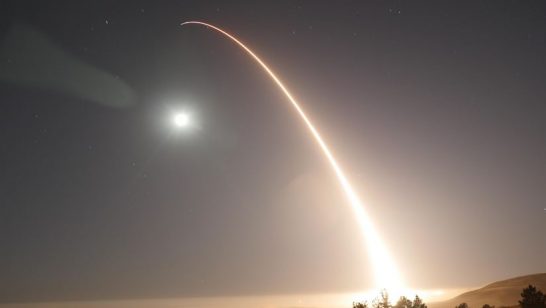The European Leadership Network, the APPG on Global Security and Non Proliferation, and the European Foundation for Democracy, hosted a parliamentary briefing on the Iranian nuclear negotiations on Wednesday 17 June with expert speakers Dr. Bruno Tertrais and Lukasz Kulesa.
Dr Tertrais and Mr Kulesa discussed what form a deal with Iran would take as well as its likelihood for success. The event was chaired by Lord Hannay of Chiswick.
Following the failure to reach concensus in November 2014 a new deadline for the negotiations was set for the end of June 2015. Details of the 2 April agreement on key parameters of a Joint Comprehensive Plan of Action remain scarce, but the two speakers both found reasons to remain scepticle regarding the negotiation’s prospects.
Kulesa concluded that the delay may be a tactical measure by the Iranian government. The longer the negotiations go on the shorter the Iranian ‘breakout time’ will be.
Tertrais instrad focused on the nature of the Iranian regime itself as an inhibitor. As the legitimacy of the regime in large part rests on continual opposition to the west, a nuclear deal may be politically impossible for Tehran.
Speakers:
Bruno Tertrais is a Senior Research Fellow at the Paris-based Fondation pour la Recherche Stratégique. He has served as Special Assistant to the Director of Strategic Affairs at the French Ministry of Defense 1993-2001, as Visiting Fellow at RAND Corporation in 1995/96, and Director of the Civilian Affairs Committee at the NATO Parliamentary Assembly between 1990-1992. He has published widely on International Relations and Geopolitics, Conflicts, US Strategy, Transatlantic Relations, Security in the Middle East, Security in Asia, Nuclear Proliferation, Nuclear Deterrence, and Military Strategy.
Lukasz Kulesa is Research Director at the European Leadership Network. Previously, he worked as the Head of the Non-proliferation and Arms Control Project at the Polish Institute of International Affairs (PISM), focusing on non-proliferation of weapons of mass destruction, proliferation crises (North Korea, Iran), perspectives for nuclear disarmament, Russian security policy, nuclear and conventional deterrence, the role of missile defence, and the future of arms control systems. He remains involved with PISM as research associate. In 2010–2012 he was working as Deputy Director of the Strategic Analyses Department at the National Security Bureau, a body providing aid and support to the President of the Republic of Poland in executing security and defence tasks.



